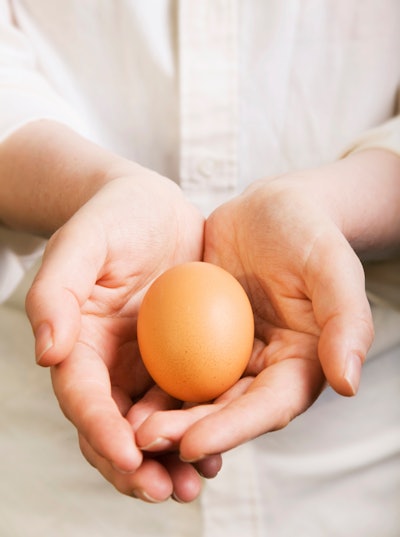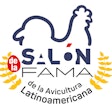
Honduras is one of the poorest and most unequal countries in the region. According to the World Bank, in 2022, the poverty rate was at 52.4%. Human development levels in the country are among the lowest in Latin America and the Caribbean. According to the World Bank's Human Capital Index, a child born in Honduras will be almost half (48%) as productive when they grow up compared to other children that receive a full education and enjoy full health. The average for the region is 56%.
With this in mind, I applaud the tremendous efforts done by the International Egg Foundation (IEF) in conjunction with One Egg and Honduras Outreach, Inc. (HOI). The program takes place in the Agalta Valley, in the northeastern part of the country. HOI has medical and dental clinics, a school, and many other services.
Nevertheless, I would like to focus on what the IEF is doing in Honduras. After working in Africa, the IEF – headed by Cassandra Price – decided to work in this Central American nation with the other two organizations. They are involved in a very interesting project called “1000 days of life” in which a pregnant woman receives one egg per family member for 1,000 days, that is, three years approximately after the baby is born.
Subject to the results being published soon, they seem very promising. Bruce Dooyema, IEF’s lead trustee on this initiative in Honduras, explained to me from his own experience how women told him they felt better and healthier; plus, children born under the program have better weight at birth and develop better than their siblings.
Huevos El Rey is the farm providing the eggs to the program and selling the surplus. The IEF is providing a new layer barn, housing 400 birds, which will feed children aged 5-12 years old. The organization is also offering egg production training at the local school.
The other part of the project is for an 800-bird commercial farm which will support a small scale emerging commercial farmer. This increase in egg production will support the “One Egg” project to extend the program’s reach from supporting 54 to 100 families.
It’s worth it to mention that Big Dutchman is donating the equipment, and other companies are participating as well, such as Hato Agricultural Lighting.
What do you think?
















